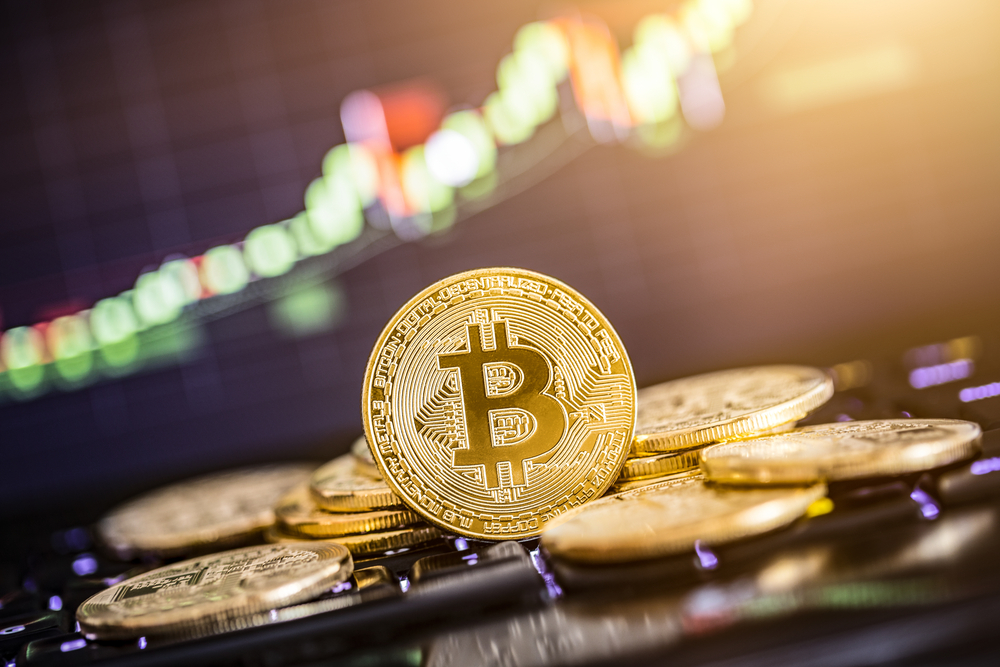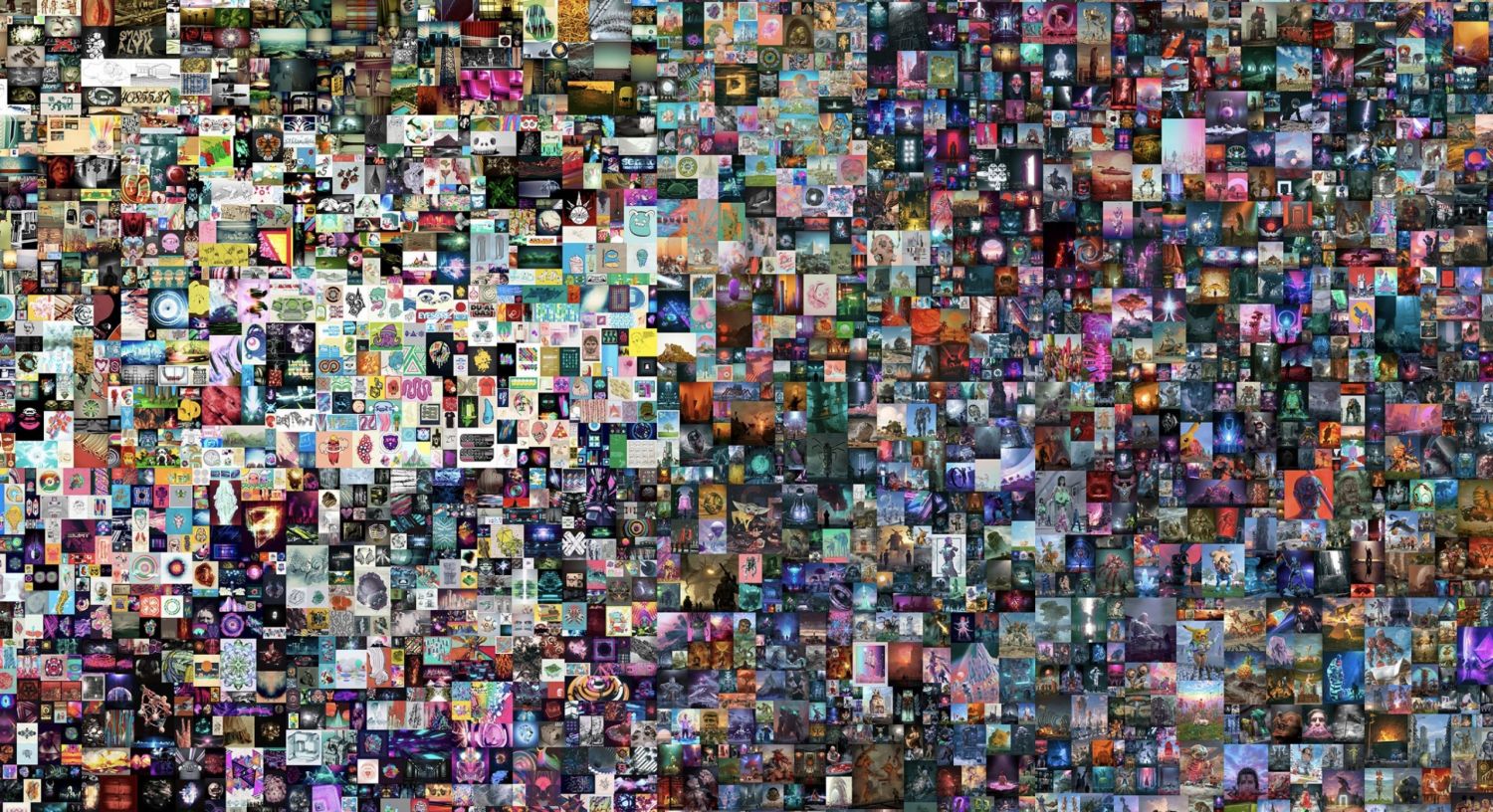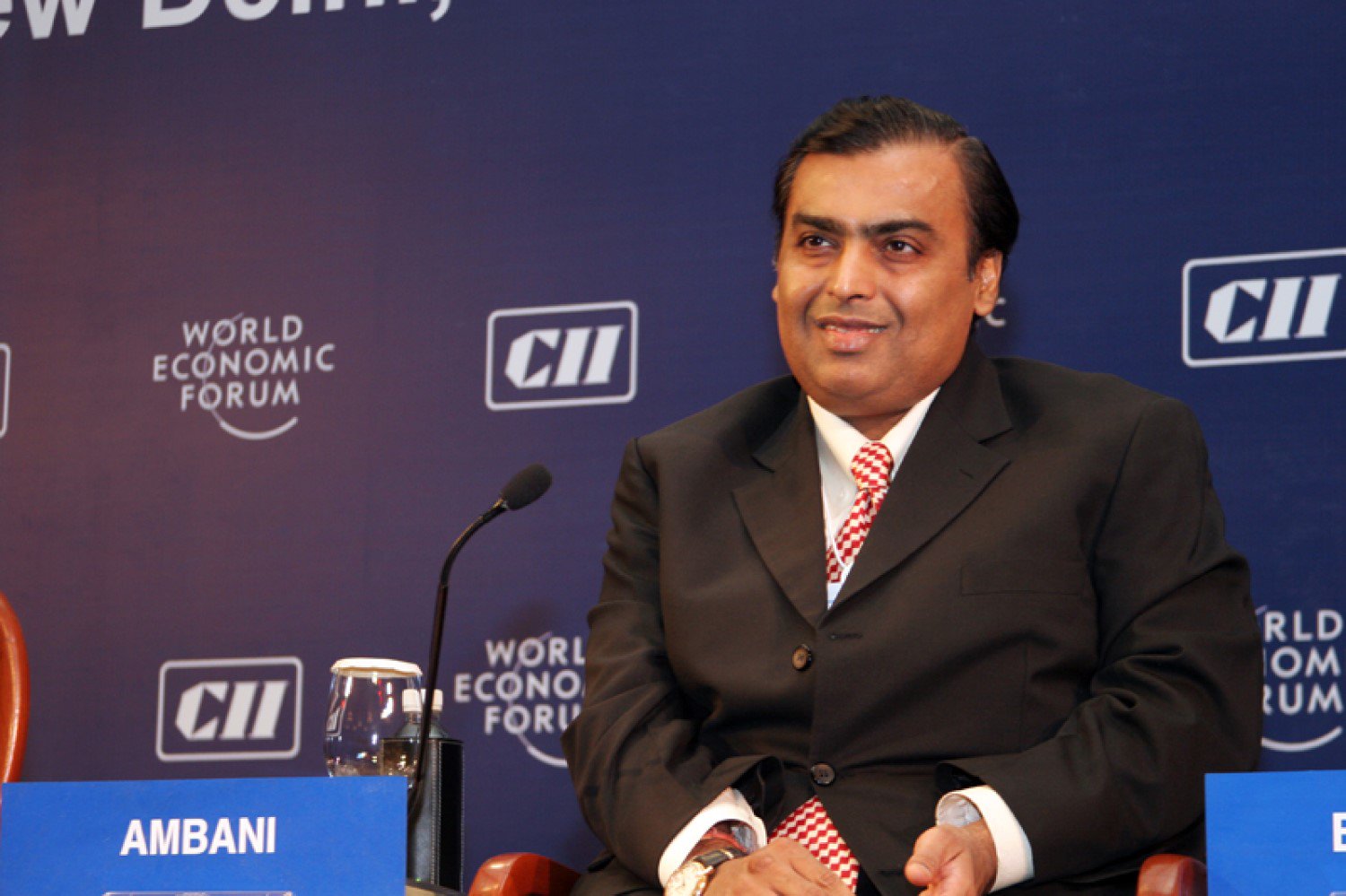Floki Developers Propose Staking and Utility Token Plans
Floki (FLOKI) developers plan to introduce a staking feature in return for a new utility token, chief developer “B” told CoinDesk in a Telegram message on Wednesday. The staking feature and the new token will increase investor interest in the Floki ecosystem.
The main way to earn the new yet-unnamed token will be by staking FLOKI tokens, which exchanged hands at $0.000017 as of publication time. There won’t be any pre-sale or fundraising for these tokens, and most of the supply can only be earned by staking FLOKI.
“Users will be able to earn the reward token by locking up their FLOKI tokens for a period of between 3 months to 4 years,” B said in the DAO proposal shared with CoinDesk. “We envision this resulting in a significant portion of FLOKI tokens being locked up for an extended period of time, which will significantly reduce the amount of FLOKI tokens in circulation and add significant value to the FLOKI token.”
Staking refers to locking tokens on a platform in return for annualized yield rewards – which may attract investor capital.
The project had hired several new developers to ensure that other Floki-based projects weren’t affected and that the tokenomics of the new token was designed to “ensure long-term development sustainability for this project,” B added.
Floki was fashioned after the popular Shiba Inu dog breed, which spurred the development of popular tokens like dogecoin (DOGE) and shiba inu (SHIB). Dog-themed coins were the hottest tokens in 2021 and surged nearly 10,000% during a nine-month period.
The hype, however, fizzled out as a broader crypto bear market weighed down on riskier bets, leading to tokens such as FLOKI to fall as much as 94% from their peak.
Floki developers have since worked on building fundamental protocols within the FLOKI ecosystem to shed the project’s meme coin tag towards a serious DeFi project. Earlier this year, developers released the first part of a metaverse game where players can interact with each other, conduct microtransactions and create a valuable in-game economy.
Edited by Parikshit Mishra.









